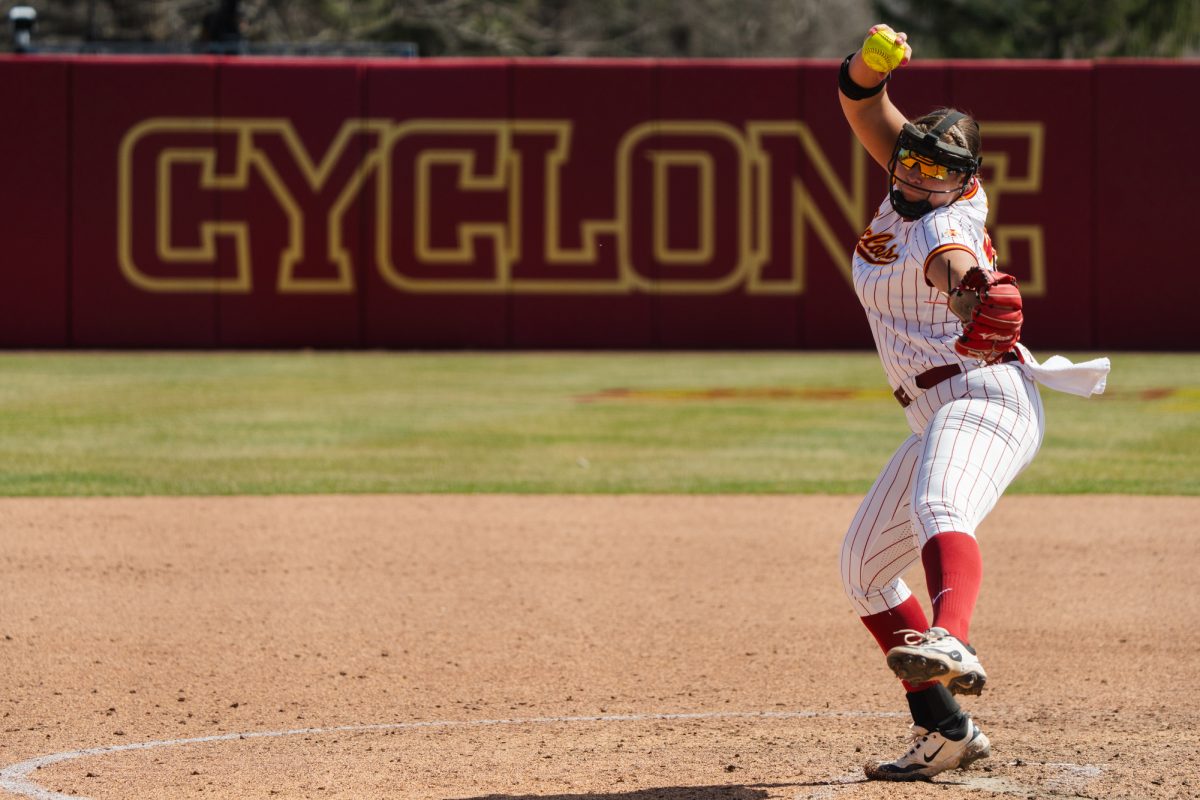Overdraft rules
August 29, 2010
New Federal Reserve rules no longer allow debit and ATM card users to overdraft without an extra fee.
People must decide whether to let their banks charge them if they overdraw, or if they would rather not have the option to overdraw.
Positives and negatives come with both option.
If you opt in to the overdraft fee, your bank will charge you each time you withdraw money your account does not have. The flat fee is $20 to $30, depending on the bank. If you overdraw twice in one day, you will be charged twice, or $40 to $60.
You can choose to link your checking account to a savings account so each time you overdraw, money from savings will go directly to checking to cover the fee.
With this new rule, banks are required to get your permission before charging you extra overdraft fees. Previously, banks could automatically charge fees without your knowledge or permission.
Now you have the option. If you have not opted in, your bank is not charging you overdraft fees. Instead, you simply will not be able to overdraw. If you try to spend money that is not in your account, your transaction will be canceled.
You can change your mind at any time. If you decide you do not want to be charged overdraft fees, you can opt out, and vice versa.
The new rules do not apply to automatic bill payments such as mortgages or rent.






